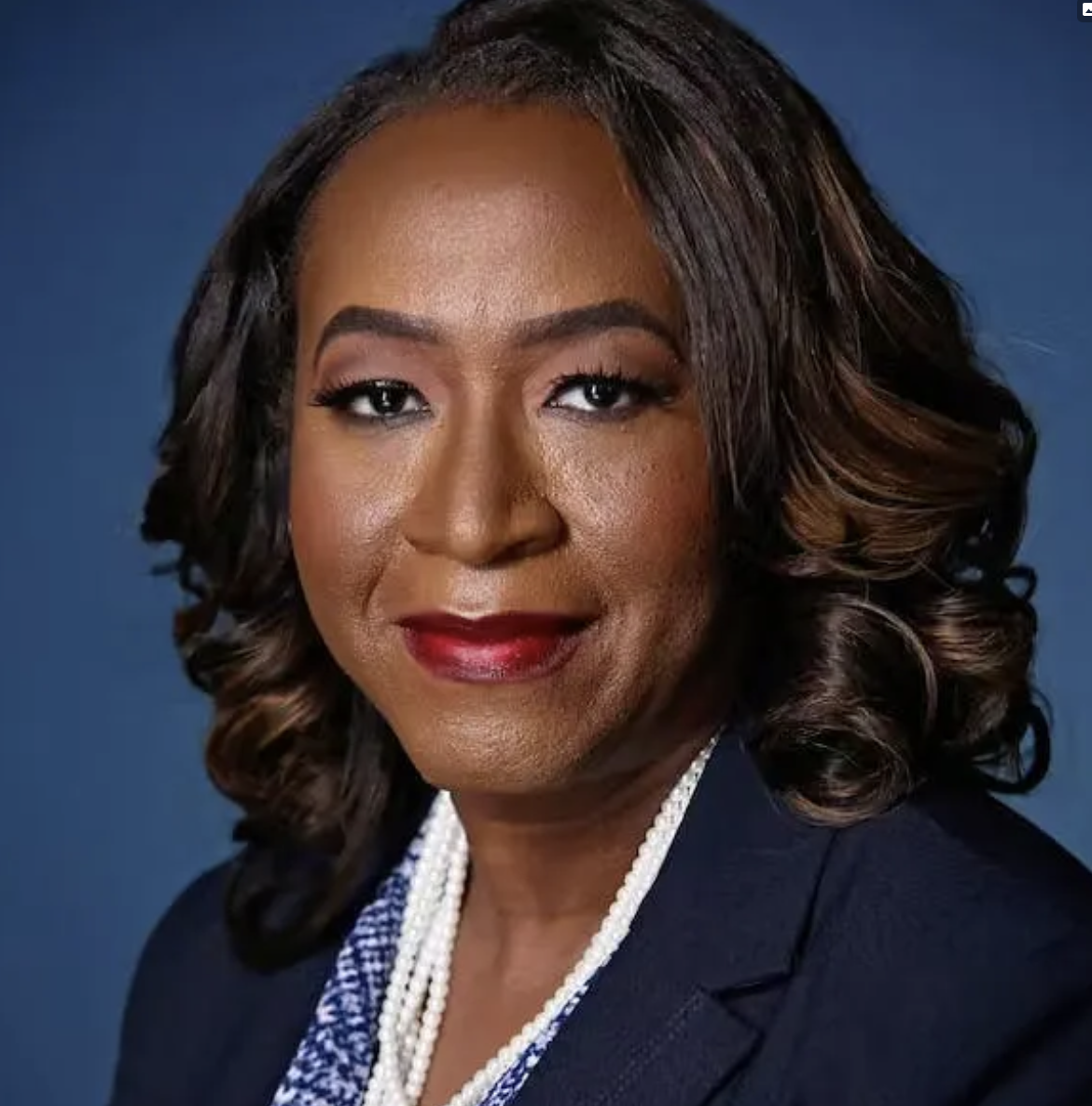The Memphis Area Transit Authority (MATA) has gone through significant change over the past few months, prompting questions from concerned citizens and bus riders alike.
Bacarra Mauldin was named interim CEO following the retirement of former CEO Gary Rosenfeld in February. Mauldin’s appointment followed the aftermath of the agency opting to nix their controversial proposed winter service changes.
Since those proposed changes that were presented as a way to enhance the agency’s on-time performance and efficiency, other problems have arisen, such as a $60 million deficit that was announced in May.
Mauldin said the agency is going through a “transformation” dedicated to serving Memphis and their entire service area in the best way possible.
Having worked in transit prior to arriving at MATA, Mauldin said she would call the current state of affairs “business unusual.”
“I say that as a play on ‘business as usual’ because so many transit agencies across the country are going through the same thing — at various levels and proportions,” Mauldin said. “They’re all going through their ‘isms’ when it comes to budget, and funding, and finance.”
Ridership has plummeted as a result of Covid-19, playing a major factor in the state of transit, Mauldin said. Agencies are also in the aftermath of Covid-19 relief funds running out.
“That really propelled the state of financial instability for transit agencies across the country, large and small,” Mauldin said.
Mauldin said the agency’s debt has been growing due to the increased cost of doing business, decreased ridership, and flat funding. She added that their budget holds have resulted in slower on-time performance.
One of the first things Mauldin did in her official capacity was to retain the services of external CFO Hamish Davidson of J.S. Held LLC. Mauldin said up until this point, there had not been a CFO at the agency, and they needed someone to get in immediately to recreate those financials so they could “move forward with certainty.”
“Knowing good business, and what good business structure and practices look like, I made the decision early on that I needed a reputable, credible CFO to come in and rebuild the finances because the finances hadn’t been reported in quite some time,” Mauldin said. “In fact the financial reports didn’t even exist.”
In addition to this, Mauldin said the agency immediately put “cost-saving measures” into effect. MATA hopes to bring the CFO position in-house “in time.”
“The cost-saving measures will probably be a permanent thing,” Mauldin said. “We are stewards of taxpayer’s money, and we want to make sure we are always using those in the best way, and operating in transparency and good faith.”
As a result of acting in transparency, the agency has made both employees and riders aware of some of the potential changes that could take place in order to improve efficiency, performance, and the budget.
“If we were to keep operating the way we’re operating today, our budget would be $85 million,” Mauldin said. “We have committed to our board that we were going to present a balanced budget. We presented a draft budget of $67 million for FY25.”
These cuts have impacted routes, staffing, and other factors, Mauldin said. While she said these changes “hurt,” the agency has to have a “solid, sustainable foundation” to thrive.
